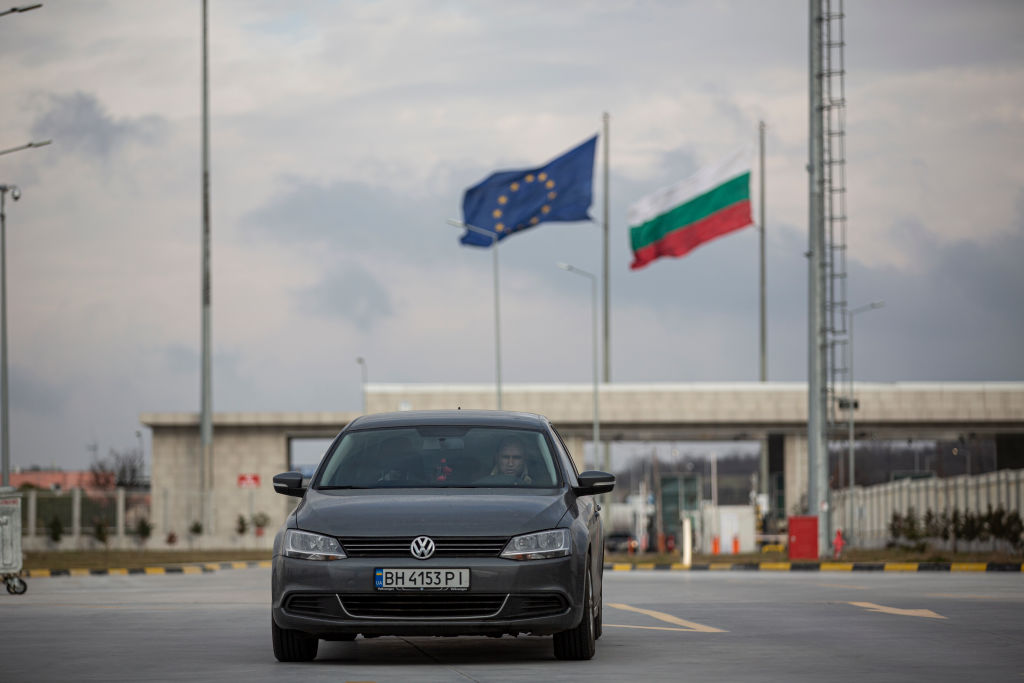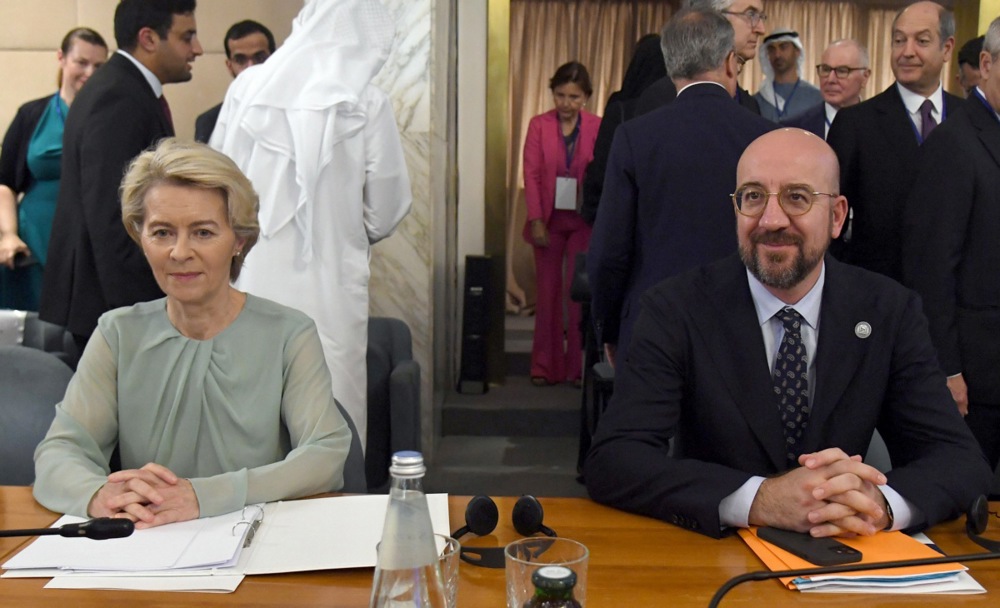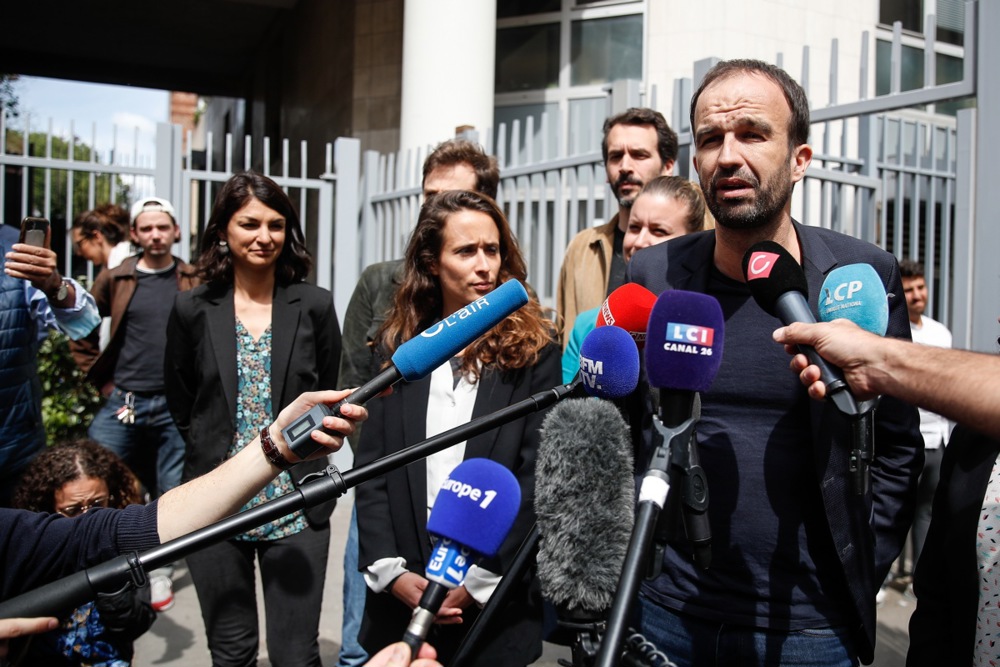Austria intends to oppose Euro-federalist reforms proposed as part of the European Union enlargement debate.
As the EU looks to bring more European nations into the bloc, many are saying the resulting increase in its size will require reforms that will place more power in the hands of Brussels, including the elimination of unanimity voting.
Enlargement has been a thorny subject in European debates recently. On August 28, European Council President Charles Michel made promises, likely unauthorised, to bring new countries into the EU by 2030. French President Emmanuel Macron confused many with vague theories of “multi-speed” enlargement.
Speaking at the Alpbach European Forum, a non-profit organisation and foundation based in Vienna, Austrian foreign minister Alexander Schallenberg said that no such changes were necessary.
“We don’t need institutional reforms,” he said, and claimed that all such debates over EU reform and enlargement were “dishonest beating around the bush”. He also said that Europe is “not brave enough” for such expansion.
“People who say that the EU could enlarge but needs institutional forms are those who actually don’t want it,” he continued. “The only thing we need is political will.”
Schallenberg is long-time veteran of both national and European politics. He has been foreign minister under two different Austrian governments, and was briefly Chancellor in 2021.
Citing his previous experience, he said that the EU already has the necessary legal tools for enlargement.
“I was part of the negotiation team … for the Treaty of Lisbon. We have everything there,” he said.
The EU’s current approach to bringing new countries into the bloc is a rigorous one. Candidate nations usually need to undertake an extensive set of political, legal and economic overhauls before they are allowed to join.
Such standards and procedures have significantly delayed the ability of many countries to join the EU. Several states, especially in the Western Balkans, have been waiting decades now to become part of the bloc.
The Russian invasion of Ukraine has spurred an increasing drive for EU enlargement, as the bloc seeks to bring more European nations into the fold rather than risk letting them fall under Russian or Chinese influence. In the wake of the invasion, Ukraine, Moldova and Georgia have all applied to join the EU.
While many fear that a rushed enlargement may undermine the EU’s own principles and legal standards, Schallenberg criticised the current approach as “binary thinking”.
“Enlargement is not a bureaucratic endeavour,” he said. “It’s not a legalistic endeavour. It’s not about applying each comma and paragraph of the acquis [or body of EU legislation]”.
He cited the examples of Greece, Portugal and Spain, which were all admitted to the EU (then the European Economic Community) despite the fact they were in unstable post-dictatorship transition periods.





